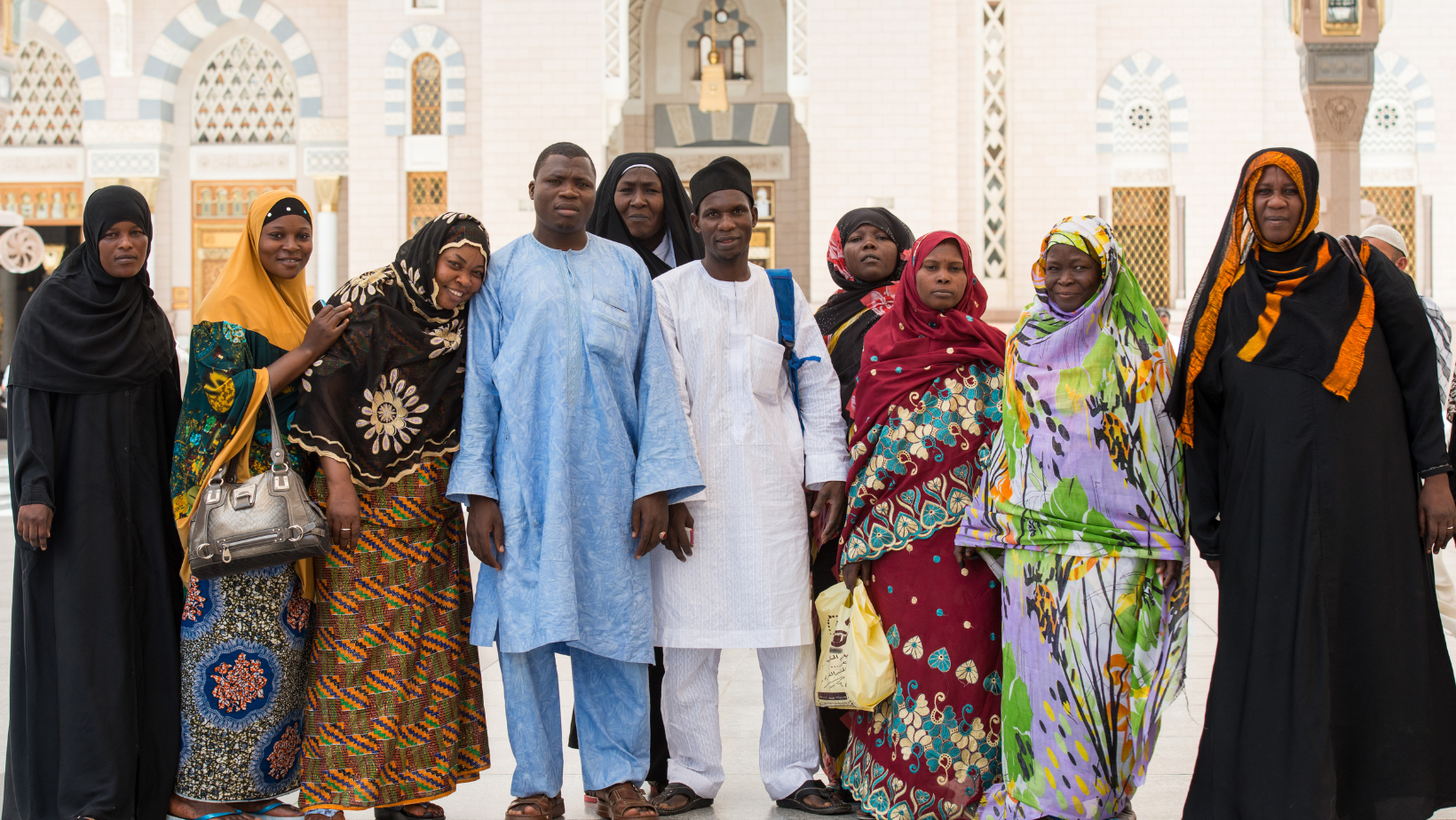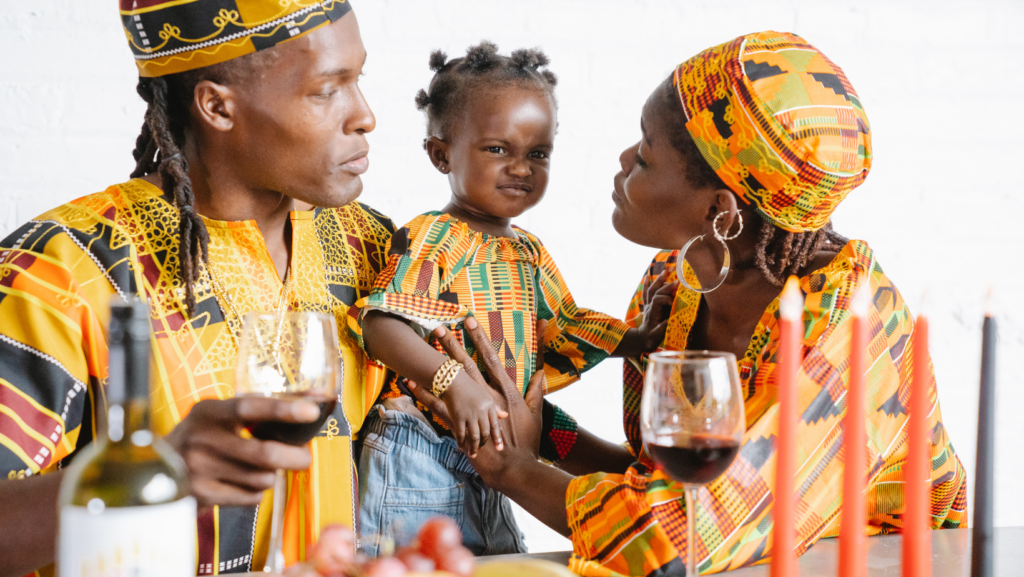In the heart of Southern Africa, Zimbabwe’s traditional family life thrives, weaving a rich tapestry of customs, values, and relationships. It’s a world where respect for elders, communal living, and a deep connection to ancestral roots are paramount with next-gen technology. Yet, it’s not immune to the winds of change.
As we navigate the complexities of Zimbabwe’s traditional family life, we’ll discover how it’s adapting to modern influences without losing sight of its cherished customs. It’s a testament to the resilience and adaptability of a culture deeply rooted in its past, yet boldly stepping into the future.
Traditional Family Life in Zimbabwe

Examining the tradition-steeped Zimbabwean family life from a historical lens reveals its complex roots. Zimbabwean families traditionally embraced an extended kinship model, often including not just parents and children but grandparents, aunts, uncles, and cousins too. Fostering deep-rooted respect for elders within the familial setting, these long-held societal conventions highlighted the integral role of elders.
This intricate blend of traditional and modern elements within family life is a crucial component of societal transformation and progression in Zimbabwe. It reflects the unity, diversity, and cultural richness that remains firmly rooted in Zimbabwean families.
This historical perspective underlines the societal significance of traditional family life in Zimbabwe. As we proceed to delve further into the nuances associated with contemporary family life, it’s worth noting how the traditional aspects continue to shape, inform, and influence families in Zimbabwe today.
The Structure of Traditional Zimbabwean Families
Traditional Zimbabwean families historically follow a patrilineal model. This hierarchical structure places great importance on age and gender. Male elders traditionally hold the highest rank, exerting influence and control over family issues. Additionally, families often expand through polygamy, a practice, albeit less common today, contributes to the complexity of family relationships. Similarly, the concept of lobola (bridewealth) plays a pivotal role, connecting families and reinforcing social bonds.
Children in a Zimbabwean family structure hold respectful obligations towards their elders, fostering a sense of community. They learn important life skills and receive guidance, thereby gaining societal respect and a clear understanding of personal responsibilities. This multi-generational interaction plays a pivotal role in preserving cultural heritage, norms, and values.
Daily Life in a Traditional Zimbabwean Family

Daily life in a traditional Zimbabwean family encompasses activities demonstrating hierarchy, respect, and communal living. It involves roles and routines shaped by age, gender, and social status, which reflect centuries-old traditions and beliefs. Each day, members engage in various tasks, including farming, cooking, and child-rearing, with cooperation and respect for elders forming central pillars of their daily interactions. This section delves deeper into the nuances of a typical day within traditional Zimbabwean families, shedding light on their daily chores, roles, routines, kinship ties, and the shared responsibilities that reinforce their group identity and unity.
Influence of Modern Trends on Traditional Family Life in Zimbabwe
Modern trends, particularly urbanization, technology, and Western influence, significantly reshape Zimbabwe’s traditional family life. High urban migration rates, for instance, unravel the tight-knit family model. Transitioning from the countryside to cities often disperses family members, reducing the frequency of collective activities.
This ever-evolving mix of traditional practices and modern trends paints a complex picture of Zimbabwe’s family life. It testifies to the intricate balance Zimbabwean families strive to maintain, negotiating between preserving ancestral culture and adapting to global paradigms. Unraveling these dynamics enriches the understanding of the societal transformation happening within Zimbabwe.
Must Know
Traditional family life in Zimbabwe is a rich tapestry woven with customs, values, and relationships. It’s a system marked by respect, hierarchy, and communal living, influenced by age, gender, and social status. Yet, it’s not immune to change. Zimbabwean families have shown remarkable resilience, adapting to urban migration, technology, and Western influence. Even as urbanization scatters family units and technology fosters individualism, the essence of ‘ubuntu’ or unity remains, embodied in enduring practices like cooperative farming. Zimbabwe’s traditional family life, thus, is not static.
